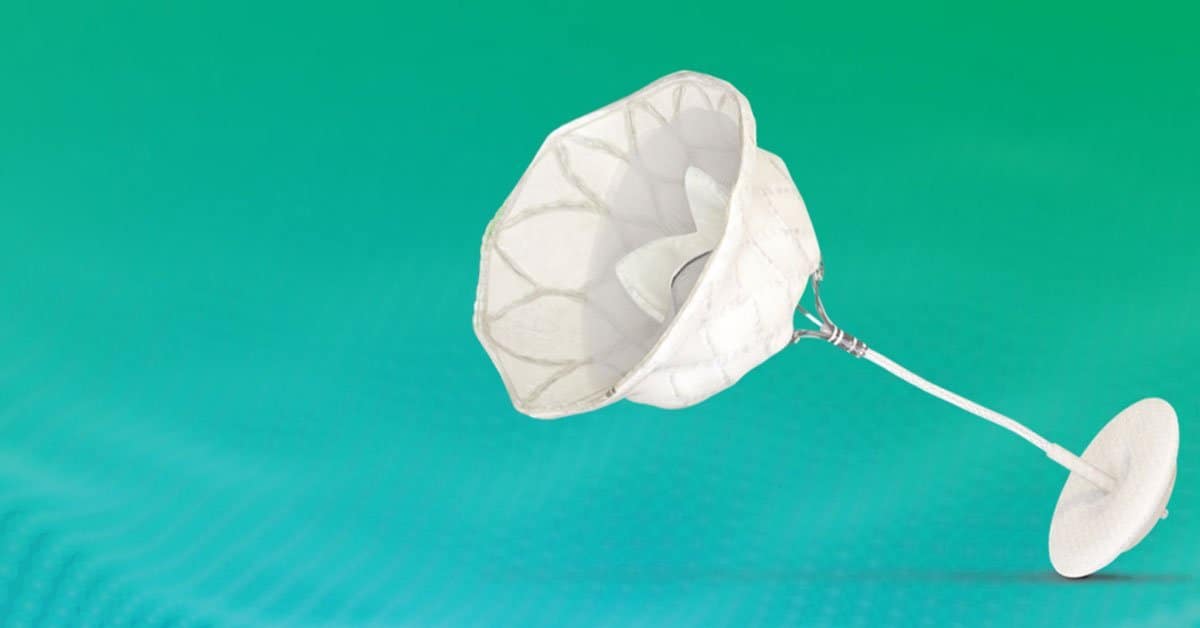Late-breaking second year results from the PROMISE II trial showed that the LimFlow system achieved strong outcomes for avoiding amputations and promoting limb salvage among “no-option” patients with chronic limb-threatening ischemia (CLTI).
- The LimFlow system consists of several products designed to optimize blood flow in critically ischemic feet by facilitating revascularization.
- LimFlow gained FDA approval in September 2023, and was soon acquired by Inari Medical for up to $415M.
LimFlow remained effective at two years, with a 65% limb salvage rate that was just 4% below the PROMISE II trial’s one year results.
- The treatment also significantly reduced pain in the affected limb, with a mean pain score of 1.2 (scale of 0-10), and 69% of patients pain free at 2 years.
Rates of wound healing also impressed researchers, as 82% of patients’ wounds were completely healed or healing by the second year, despite all participants starting with non-healing foot ulcers or gangrene.
- Ischemia in the treated limb also decreased significantly, with 65.8% in Rutherford class 4 or below and 54.3% in Rutherford class 0 after two years of treatment.
However, LimFlow wasn’t perfect as 35%-40% of patients needed additional interventions in the first year – most commonly transmetatarsal amputation.
- The researchers stressed that LimFlow therapy is for the sickest CLTI patients and don’t recommend it for those with rest pain due to the increased transmetatarsal risk.
- They also clarified that they don’t fully understand how LimFlow reduces patient pain and symptoms.
The Takeaway
Though CLTI remains relatively rare, LimFlow’s promising results in PROMISE II create hope for the sickest of ischemia patients and may eventually lead to improved preventative therapies for more common causes of amputation like diabetes and peripheral vascular disease.






